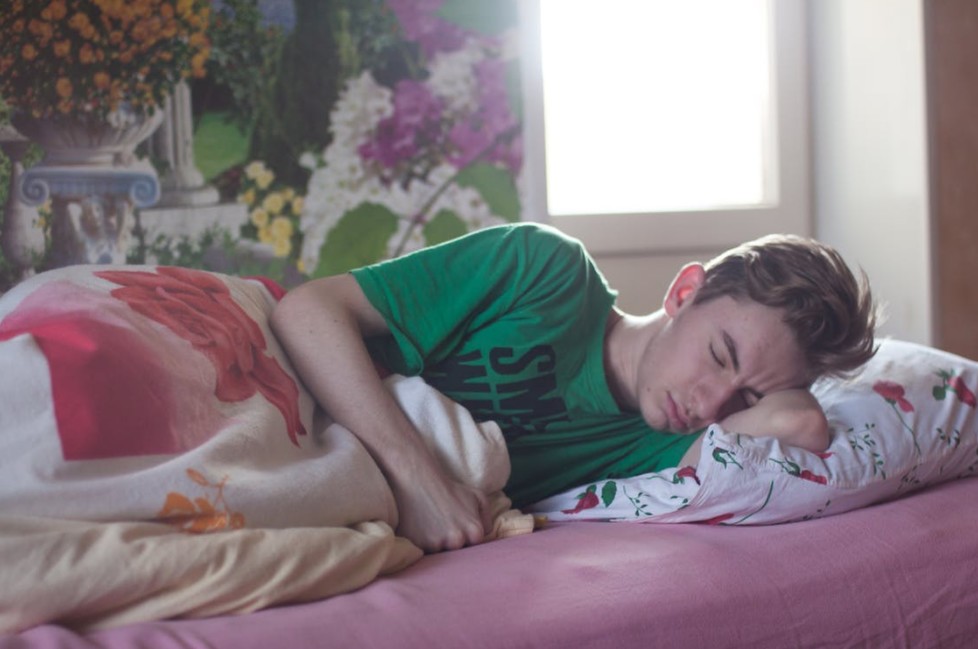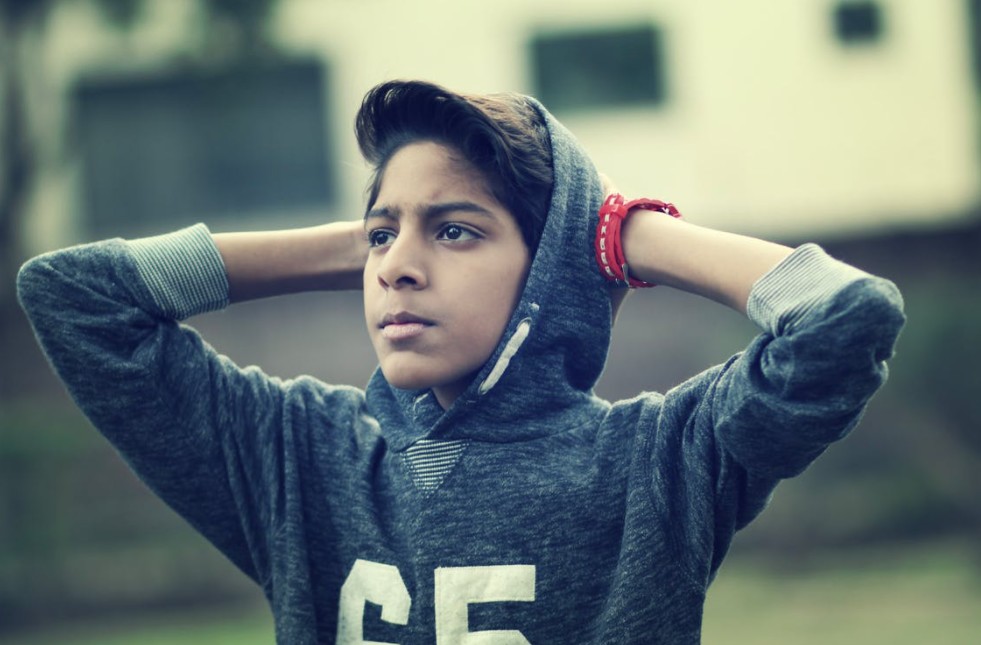Let’s face it, we all want our children to stay “young and innocent” forever. That said, as they grow up and enter high school, they become exposed to a number of unhealthy temptations that are usually incredibly difficult to resist. Whether it’s nicotine, alcohol, or drugs such as marijuana or amphetamines, every responsible parent must take it upon themselves to educate their kids on the risks and consequences of substance use.
Now, if you suspect that your teenage son or daughter is consuming drugs, take a deep breath and prepare yourself for an important conversation. Rather than throw a fit and risk driving a wedge between you, you must approach the topic realistically and diplomatically. After all, your child’s health and wellbeing are all that matter. To help you navigate this tricky situation, here’s a step-by-step guide on what you should do if you suspect that your adolescent child is doing drugs. Moreover, learn more about the Asian Network of People who Use Drugs.
Assess the Situation
As jarring as it can be to accept that your teenager has been doing drugs, the first step is to stay collected and analyze the situation. Acknowledge that they’re growing up and entering a complex phase of their lives. Ask yourself: Do you have concrete reasons to believe they’ve actually used drugs? Has their behavior changed over recent months, weeks? Are they making new friends? Do they often make excuses to come home late or sleep in late on the weekends? Notice any patterns and think of how to best formulate your reaching-out strategy.
Gather Evidence
You may not be the kind of parent who likes to snoop around their kid’s belongings. Remember that they have their right to privacy, just as parents do. However, remind yourself that you have the responsibility of ensuring their wellbeing and the right to know what goes on in their lives. Feel free to check out various common bedroom hiding places like drawers, under-bed areas, small boxes, or containers. Be prepared to find things that will upset you and make you see your child in a new light, but don’t draw any conclusions just yet. The next step is the most important.
Open the Topic, But Don’t Confront Them
You should never ask your child point blank if they’ve ever consumed or are consuming drugs, even if you have strong reasons to believe so. Chances are they’ll simply deny out of fear, embarrassment, or shock. Instead, take a more subtle approach and suggest something that would get them to express their opinion on drugs. Notice their reaction, behavior, and listen to what they have to say. Take this opportunity to express your support and make them comfortable; that way, they’ll be more likely to “confess” if they feel safe.
In case they’re ultra-defensive or adamant, present them your latest findings and demand an explanation. Think of counters to the typical “It’s not mine” or “Just holding it for my friend” comebacks. Be ready to be called a hypocrite and remind your teenager that you know that indulging in these things isn’t worth it, whether or not you’ve actually tried drugs yourself. Be as sincere and constructive as possible without sounding patronizing.
Have Them Undergo a Check-up
If you’ve picked up on symptoms of drug abuse, taking your child in for a check-up is a good idea. These symptoms include a tired appearance, bloodshot eyes, lethargy, weight loss, or sudden loss of interest in hobbies, school work, etc. In parallel, as the health experts behind www.drugtestcity.com point out, performing a drug test should help determine whether your teenager has recently consumed narcotics. Using a 10 panel urine drug test may seem extreme, but it provides accurate results of something that could impact your child for the rest of their lives if not resolved. This is a common approach for concerned parents working in the medical or healthcare field. Whatever you choose to do, a little research should point you towards plenty of reliable products that will help you assess the situation. Make sure you explain to them that you’re only doing this to make sure they’re not exposing themselves to addictive and harmful habits.
Educate Them on the Dangers of Addiction
Speaking of which, your son or daughter might not yet fully realize the risks of drug use. This is your chance as a parent to bring these issues to light and warn them of what they may be jeopardizing for the sake of “trying new things” or “fitting in with their peers.” Between developing addictions or mental wellness issues and being detached from reality, emphasize how damaging drug use can be in their lives and for their future.
Don’t hesitate to conduct online research and answer any questions they might have. By all means, refrain from saying anything that starts with “As long as you’re under my roof…” — this can be misleading and enable them later on. The idea is to get them to keep clear of drugs entirely. Instead, lay down some fundamentals, establish clear boundaries, and set consequences you are likely to enforce.
All things considered, no matter your parenting style or the kind of bond you share with your teenager, it is your job to ensure their health and wellbeing. So, whenever you sense that they’re indulging in toxic behaviors, accept the reality of the situation, think carefully about how to approach them, and make sure they feel loved and supported all the while. With some research, you’ll find several online resources to help you have a productive conversation with your teen about that touchy subject.


